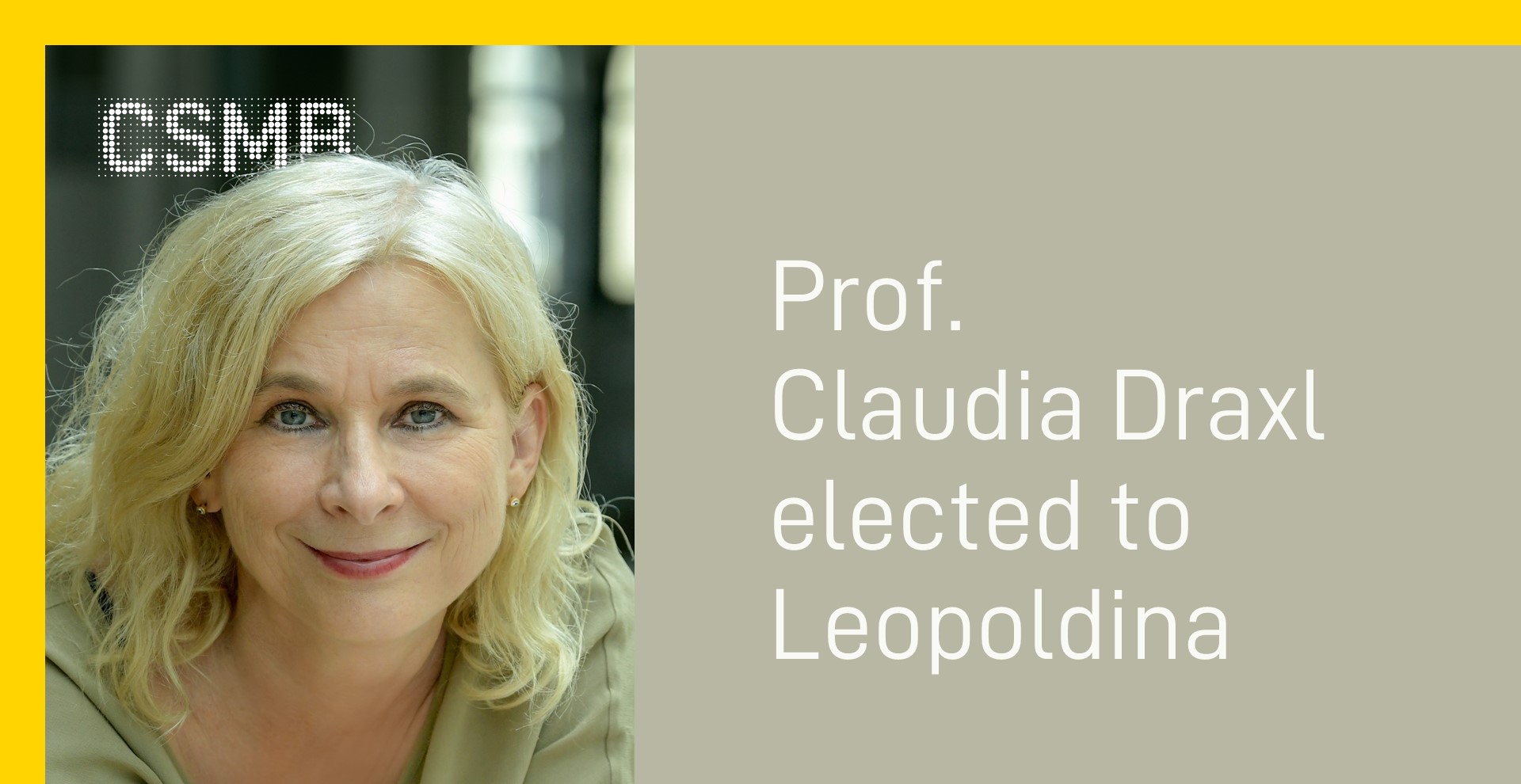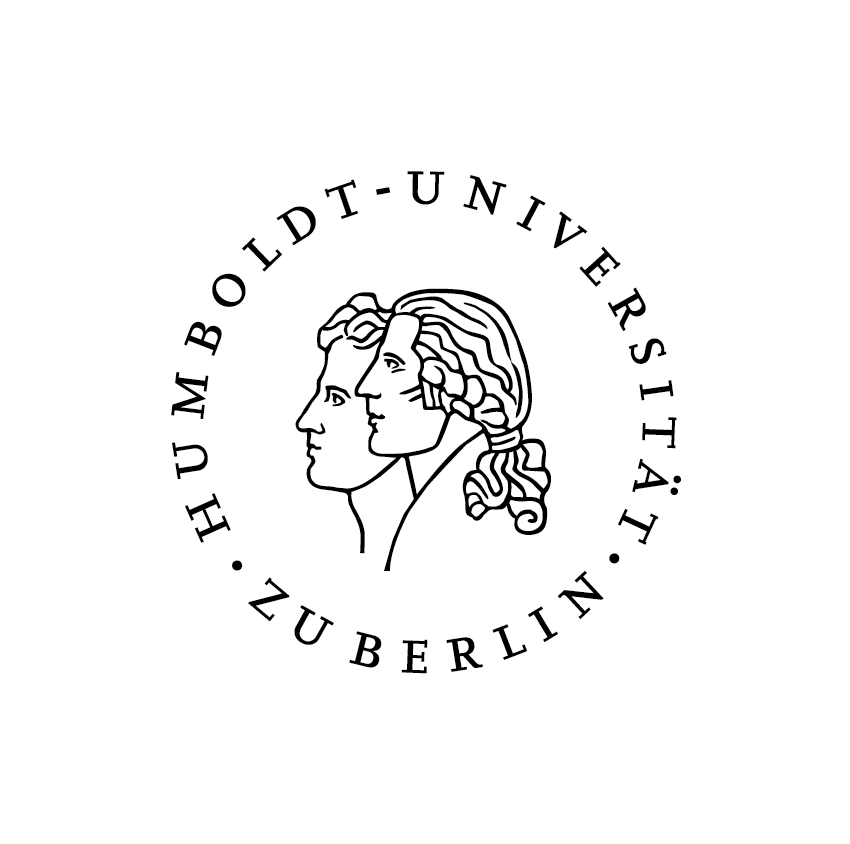
We are proud to announce that Prof. Claudia Draxl has been elected as a member of the German National Academy of Sciences Leopoldina, recognizing her exceptional contributions to solid-state theory and the application of Big Data in material science.
Since joining HU Berlin as an Einstein Professor in 2011, Prof. Draxl has become a key figure in advancing research in the field of materials science. She is the founding member of the CSMB, spokesperson of FAIRmat, and chair of the NOMAD Laboratory. Her work has had a profound impact on computational material science, accelerating the discovery of new materials for a wide range of applications.
Among her many accolades, Prof. Draxl has received numerous prestigious awards, including:
- Dr. h.c. from the University of Uppsala
- Appointment as a Max Planck Fellow
- Paracelsus Ring from the City of Villach
- Fellow of the American Physical Society
- Ludwig-Boltzmann-Preis from the Austrian Physical Society
Congratulations to our member Prof. Claudia Draxl on this well-deserved recognition for her groundbreaking research and leadership in materials science!
About the German National Academy of Sciences Leopoldina (German: Deutsche Akademie der Naturforscher Leopoldina – Nationale Akademie der Wissenschaften)The Leopoldina, founded in 1652, is the oldest continuously operating academy for medicine and the natural sciences in the world. In the 18th and 19th centuries, when monarchs still listened to science, prominent members of the Leopoldina were occasionally called upon to advise royal courts. With now over 1,700 members from nearly all scientific disciplines, it is a traditional learned society. Since 2008, it has served as Germany's National Academy of Sciences, representing German science globally and still offering counsel to policymakers and the public. Notable members in history include Johann Wolfgang von Goethe, Alexander von Humboldt, Charles Darwin, Marie Curie, and Lise Meitner. |

